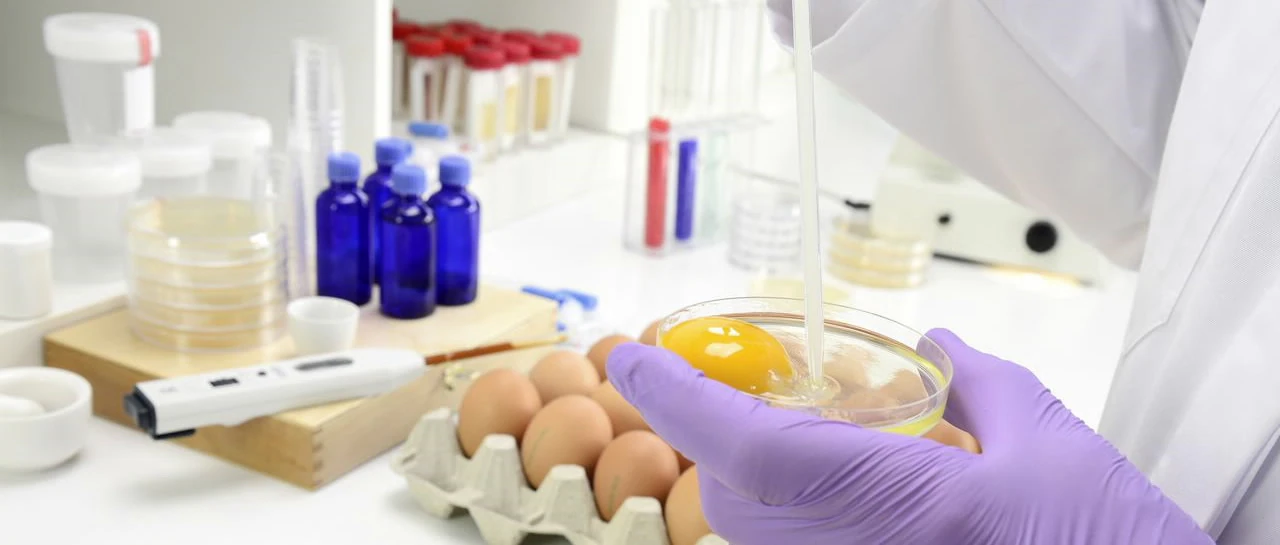EN 19571 Saccharin Analysis in Soft Drinks
EN 19571 is a standard that specifies the procedure for determining saccharin and its sodium salt (sodium saccharin) in beverages. This test is essential for ensuring compliance with regulatory requirements, safeguarding public health, and maintaining product integrity.
Saccharin is widely used as an artificial sweetener in soft drinks due to its sweetening power that is 300-500 times greater than sucrose. However, its use is strictly regulated because of potential safety concerns. The European Union's regulation (EC) No 1333/2008 sets limits for saccharin and sodium saccharin in foodstuffs to ensure they do not exceed the specified maximum levels.
Our laboratory adheres rigorously to EN 19571, ensuring accurate detection of saccharin and its sodium salt. Our testing process involves meticulous sample preparation followed by chromatographic analysis using liquid chromatography-tandem mass spectrometry (LC-MS/MS). This method allows for precise quantification down to the regulatory limits.
The procedure outlined in EN 19571 is designed to be robust and reproducible, providing reliable results. It includes steps such as sample dilution, clean-up using solid-phase extraction, and final analysis by LC-MS/MS under optimized conditions. The standard specifies that detection must be accurate within ±5% of the nominal concentration.
Our testing process is not only compliant with EN 19571 but also adheres to other relevant international standards such as ISO 14632, which ensures our results are internationally recognized and accepted. This consistency in methodology enhances the credibility of our reports and helps clients meet global market demands.
By ensuring compliance with regulatory limits for saccharin, we support our clients in maintaining a competitive edge in the marketplace. Non-compliance can lead to product recalls, legal issues, and damage to brand reputation. Our services help prevent such outcomes by providing accurate, reliable data that supports informed decision-making.
The importance of this test extends beyond regulatory compliance; it also plays a crucial role in safeguarding public health and consumer trust. Accurate analysis ensures that products meet safety standards, which is paramount for maintaining the integrity of food and feed testing services.
In summary, our EN 19571 saccharin analysis service provides reliable, accurate results that are essential for compliance with regulatory requirements. This service supports clients in ensuring product safety, meeting market demands, and building consumer trust.
Why It Matters
The analysis of saccharin in soft drinks is crucial for several reasons:
- Regulatory Compliance: Ensures that the levels of saccharin do not exceed the limits set by regulations such as EC No 1333/2008.
- Product Integrity: Maintains the quality and safety standards required for consumer trust.
- Avoidance of Legal Issues: Prevents potential legal challenges related to non-compliance with food safety laws.
- Maintains Brand Reputation: Ensures that products meet high-quality standards, thereby protecting brand image and market position.
The accuracy and reliability of the results are paramount. Our laboratory uses state-of-the-art equipment and follows strict protocols to ensure that every analysis is precise and repeatable. This commitment to quality ensures that our clients can trust the data we provide, leading to better-informed decisions and enhanced product safety.
Quality and Reliability Assurance
The quality and reliability of our testing services are guaranteed by a combination of advanced equipment, rigorous procedures, and adherence to international standards. Our laboratory is equipped with high-performance liquid chromatography (HPLC) systems capable of delivering accurate results even for trace amounts of saccharin.
Our team of experts ensures that each sample undergoes thorough preparation before analysis. This includes dilution, filtration, and cleanup steps performed in strict accordance with EN 19571 guidelines. The use of solid-phase extraction cartridges helps remove interfering substances, ensuring clean samples for accurate detection.
The data generated from our tests are not only precise but also reproducible. We use advanced calibration techniques to ensure that the instrument responses correlate linearly within their working ranges. This approach ensures that any deviation from expected values can be easily identified and corrected.
Our quality control measures extend beyond the testing process itself. Regular internal audits, participation in proficiency testing programs, and continuous training for our personnel guarantee that we maintain high standards at all times. Compliance with ISO/IEC 17025 is a testament to our commitment to providing reliable results.
Competitive Advantage and Market Impact
- Informed Decision-Making: Provides clients with accurate data that supports strategic business decisions, ensuring compliance and maintaining product quality.
- Market Leadership: Ensures clients are ahead of regulatory changes, allowing them to adapt proactively rather than reactively.
- Customer Trust: Builds confidence among consumers and stakeholders by demonstrating a commitment to high-quality products.
- Better Product Development: Enables R&D teams to innovate safely within the constraints set by regulations.
The ability to accurately measure saccharin levels allows our clients to stay ahead of competitors who may not have access to such precise testing technologies. This competitive edge is particularly important in markets where consumer trust and regulatory compliance are key factors influencing brand perception and market performance.
In addition, our services help clients avoid costly mistakes by identifying potential issues early in the product lifecycle. By adhering strictly to EN 19571 standards, we contribute to a safer food supply chain, which is essential for maintaining long-term customer relationships and business growth.





